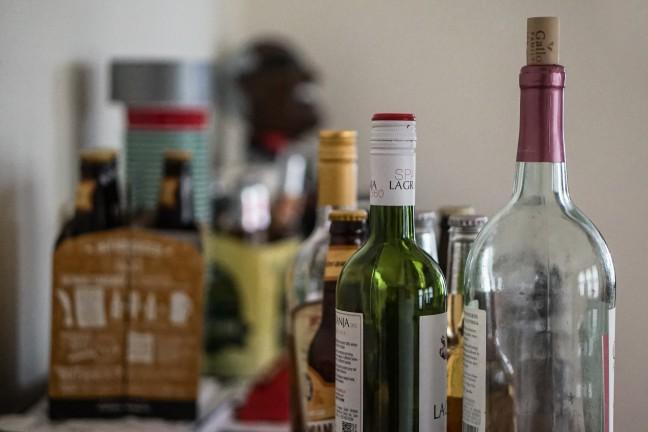After passing both the Assembly and Senate, a new bill allowing restaurants and bars to sell takeout cocktails, mixed drinks and glasses of wine in to-go containers is headed to Gov. Tony Evers’ desk for approval.
The legislation passed the Assembly last week. Then, the Senate passed the legislation on a 28-2 vote Tuesday with Senate Minority Leader Janet Bewley and Sen. Julian Bradley, R-Franklin, opposing the bill.
Under current law, bars and restaurants can sell alcoholic beverages to-go only if they are in their sealed original packaging. In other words, restaurants could sell a full bottle of wine to go, but not a glass of wine to go.
The new bill requires to-go cocktails to have a “tamper-evident seal.”
Proponents of the bill say it would allow bars and restaurants to boost sales in efforts to recover from the coronavirus pandemic.
In an interview with The Cap Times, Sen. Mary Felzkowski, R-Irma, the co-author of the legislation, said the bill would be a boost to the hospitality and tourism industry because alcohol sales produce a higher profit margin than food sales.
Organizations representing the hospitality and tourism industry, such as the Tavern League of Wisconsin and the Wisconsin Restaurant Association, supported the bill. On the other hand, only the Wisconsin Grocers Association and the Wisconsin Public Health Association registered in opposition to the bill.
According to Fortune, prior to the COVID-19 pandemic, only two states, Florida and Mississippi, had “cocktail to-go” laws. But, since the pandemic began, over 30 states have implemented some form of cocktail to-go legislation. But, not all 30 of those states have implemented the same legislation.
Coordinator of the Wisconsin Alcohol Policy Project Julia Sherman said Wisconsin’s legislation is one of the most general proposals and lacks some of the safety features found in other states’ bills.
“Regulation requires nuance and detail, and sometimes that gets lost when we put snappy labels such as cocktails to-go on things,” Sherman said.
Sherman said examples of legislative safety features could include limits on the amount and size of the cocktails sold or requirements on how the alcohol is transported. For example, in Illinois, if you get cocktails to-go, you must transport them in your trunk. Additionally, some states only implemented temporary cocktail to-go laws while Wisconsin’s bill would make the practice permanent.
If Evers signs the bill into law, Sherman said opponents of the legislation fear increases in drunk driving, underage alcohol consumption and other alcohol-related incidents.
“People focus on drunk driving, but twice as many people die every year in Wisconsin from alcohol-related falls,” Sherman said. “Along with alcohol’s connection to suicide, the potential harms go far beyond drunk driving.”


